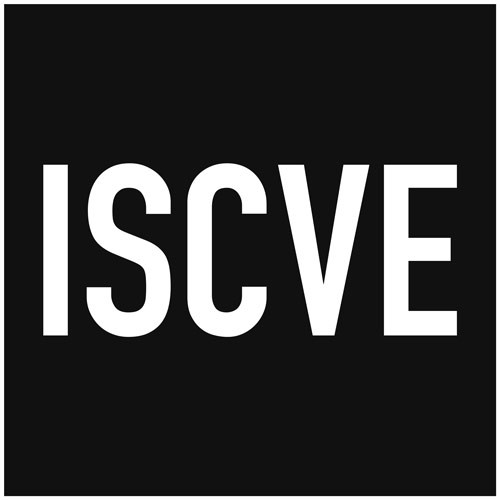Are we heading for a Supply Chain Disaster?
2020 caused major headaches for tech suppliers; they had a lot of reorganisation to deal with. International trade was disrupted, projects suspended, shops closed and demand for some products rocketed, while others stagnated. Equipment used in events sat in warehouses, consumer electronics and video conferencing gear sold more than ever.
Then in October 2020, a fire at AKM semiconductor in Japan burned for 3 days, wrecking the manufacturing base of the world’s audio convertors. In March 2021, another devastating fire ripped through the Renesas Electronics factory in Hitachinaka. Both of these plants make chips, LIC’s and sensors used widely in the phone, automotive and audio industries. We should also mention the disruption caused by the freeze in Texas; Samsung and Infineon shut down their production sites in Austin as the state authorities prioritised energy use for domestic and healthcare customers. So semiconductor production in Austin was halted, as were all the ancillary facilities in this hi-tech area. In April 2021, Taiwan Semiconductor Manufacturing Co had a power outage which was serious enough to make the business media.
For the audio and video world, this is a big deal. Chips manufactured by AKM, for instance, cannot just be copied and produced elsewhere – they are integral to the DA – AD convertors used across the product spectrum.
From high-end audio gear to Apple devices and in-car audio, specialised machinery and clean rooms need to be rebuilt. Although 80% of the world’s processors and 70% of the memory chips are made in Taiwan and South Korea, the embedded devices produced at the facilities in Japan are necessary for the complete production of most devices. The disruption caused to the automotive market is even more serious – Ford, for example, closed factories around the world since the chips required for vehicle sensors and other critical systems aren’t available. The whole production process has to be paused, with a huge knock-on effect.
In the case of the Renesas fire, it’s worth noting that the fire was electrical in nature – some have suggested that the factory was running over-capacity to make up for the shortages already taking place across the whole of the tech sector. No-one’s saying they were operating at capacity to fill the orders left by the AKM fire a few months earlier; they had different specialisms and their production equipment was unique to that factory.
Production equipment required can’t just be re-purposed elsewhere at the drop of a hat – although the Japanese factories involved outsourced parts of the processes to China, the majority of the works took place in Japan. AKM parts are used in TV’s interfaces, soundbars – all sorts of stuff that appears in all sorts of brand names and countless applications. AKM’s LSI (IC’s) are integrated into circuit board layouts, meaning they can’t be simply popped out and replaced with another chip from another manufacturer. So whole circuit boards would need to be redesigned; an expensive task.
Most audio suppliers and resellers would have about 6 months’ worth of chips; this is a ballpark figure, depending on what the particular product is and when its’ successor is expected to hit the market. In terms of high-end audio, where items cost a lot but aren’t replaced every couple of years, components for repairs and exchanges, etc should still be available. The big headache is for the products that were just about to be launched – ‘product support’ as we call it, is going to be a bit tricky to guarantee and potentially this could have serious ramifications for Pro Audio and PA Manufacturers.
AKM say they expect the factory to be up and running in 6 months time – but their hesitancy following the incident, then backtracking, did not look good – as though the full scope of the fire had not been realised and their ‘disaster management’ department were still chewing their fingernails. I have read that the R&D department was destroyed too, which opens up another set of headaches when you consider that development of new products in an infinite number of sectors will also be forced to pause. Take a quick look at the AKM and Renesas websites and see how many companies use their products, and the variety of systems they deal with – it’s quite a few.
Darius Wheel SenTechInstSCVE, is the owner of Sleizen Magnetics, analogue media to digital audio conversion specialists and audio installation experts. Sleizen Magnetics are also ISCVE approved induction loop installers and assessors.
References
‘Disaster Strikes Supply Chain Again – Another Chip Factory Destroyed by Fire’ – March 31, 2021 , Asian Connection
Bobby Owsinski, freelance audio writer



